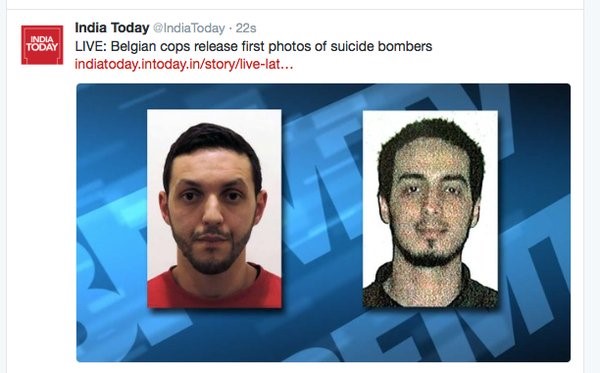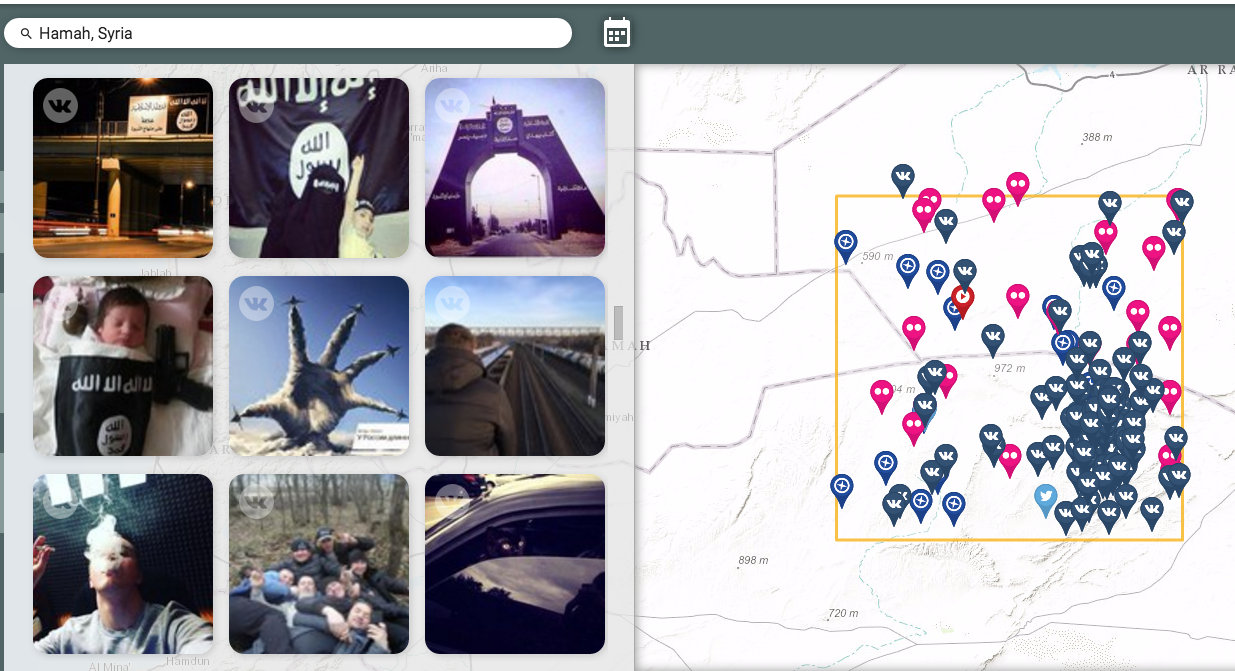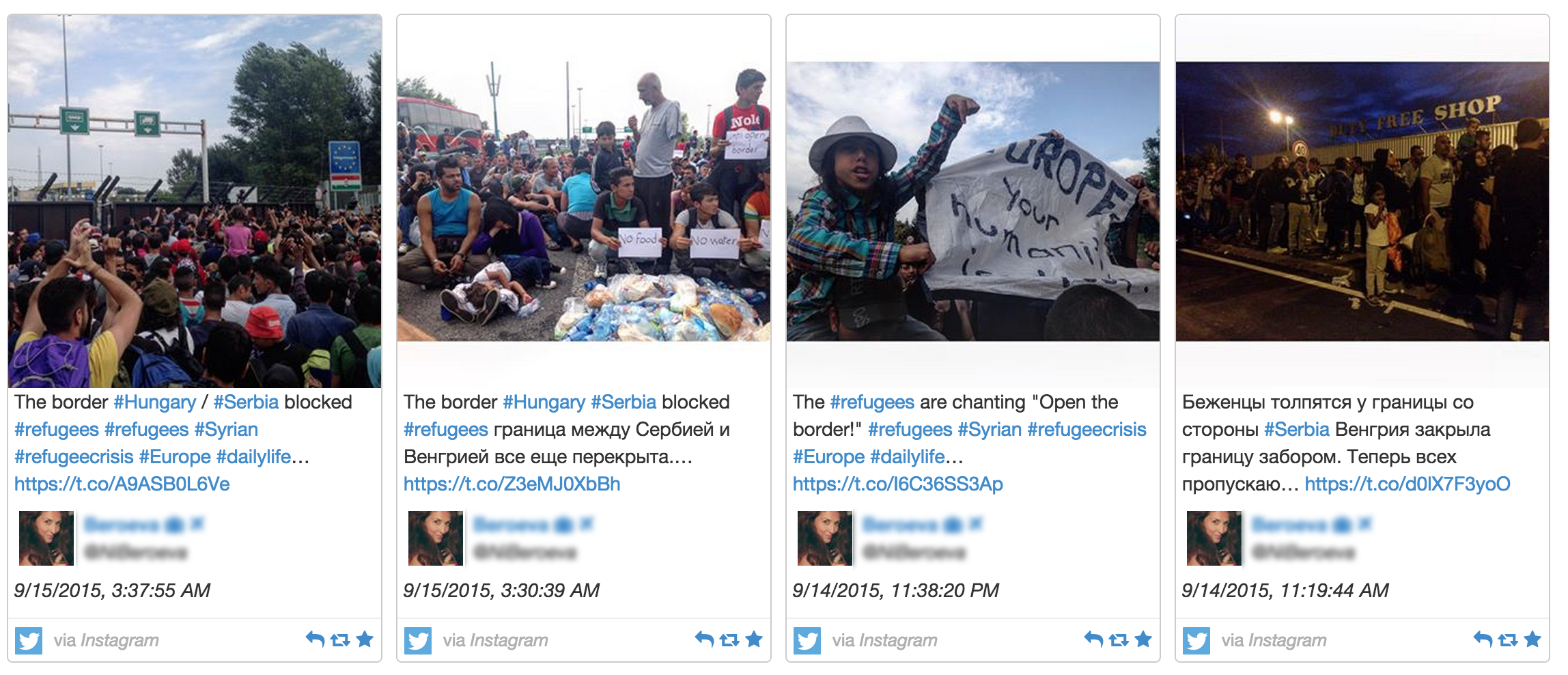Judicial Watch: New Clinton Documents Raise Questions on Benghazi, Clinton Foundation
Two days after Benghazi attack, Libyan president sought meeting with Bill Clinton through Clinton Foundation event
(Washington, DC) – Judicial Watch today released 276 pages of internal State Department documents revealing that within two days of the deadly terrorist attack on Benghazi, Mohamed Yusuf al-Magariaf, the president of Libya’s National Congress, asked to participate in a Clinton Global Initiative function and “meet President Clinton.” The meeting between the Libyan president and Bill Clinton had not previously been disclosed. The documents also show Secretary of State Hillary Clinton’s staff coordinated with the Clinton Foundation’s staff to have her thank Clinton Global Initiative project sponsors for their “commitments” during a Foundation speech on September 25, 2009.
The Judicial Watch documents were obtained as a result of a federal court order in a Freedom of Information Act (FOIA) lawsuit filed against the State Department on May 28, 2013, (Judicial Watch v. U.S. Department of State (No. 1:13-cv-00772)).
In September 13, 2012, al-Magariaf advisor Dr. Fathi Nuah wrote to the Clinton Foundation’s Director of Foreign Policy Amitabh Desai: “Dr. Almagariaf will be addressing the United Nations this September in New York as the Libyan Head of State, and he expressed a wish to meet President Clinton and to participate at the Clinton Global Initiative meeting for New York as well.”
Four hours later, Desai emailed Hillary Clinton’s Chief of Staff Cheryl Mills asking, “Would USG [U.S. Government] have concerns about Libyan President being invited to CGI [Clinton Global Initiative]? Odd timing, I know.” Mills emailed back: “We would not have issues.”
Four days later, on September 17, Desai emailed Mills again, saying, The Libyan president is “asking for a meeting with WJC [William Jefferson Clinton] next week.” Desai asked, “Would you recommend accepting or declining the WJC meeting request?”
The State Department apparently had no objection to the meeting, because on September 26, Desai emailed Mills, “He had a v good meeting with Libya …” Hillary Clinton and al-Magariaf did not have a meeting until September 24.
An August 2009 email chain including Hillary Clinton’s then- Chief of Staff Huma Abedin, Mills, then-Deputy Chief of Staff for Policy Jake Sullivan shows that the State Department coordinated with Clinton Foundation staff on how Mrs. Clinton to thank Foundation supporters/partners for their “commitments.” Mills asks Desai for a “list of commitments during whole session so she can reference more than those just around her speech.”
Caitlin Klevorick, Senior Advisor to the Counselor and Chief of Staff to the Secretary of State who previously worked at the Foundation, notes: “one question is if we want to see if there is a decent mass of fs [funds] related commitments to announce together at closing as a ‘mega’ commitment.”
The State Department material includes background information made by Clinton Foundation partners, which include Foundation donors Nduna Foundation, Grupo ABCA, and Britannia Industries. Other CGI partners noted in the State Department documents include a federal agency (the Centers for Disease Control) and various United Nations entities, which also receive U.S. taxpayer funds.
The transcript of Hillary Clinton’s speech on the State Department Internet site confirms that then-Secretary of State did thank those making “exceptional commitments” to her husband’s foundation:
And so I congratulate all who helped to put on this (inaudible) CGI [Clinton Global Initiative]. I especially thank you for having a separate track on girls and women, which I think was well received for all the obvious reasons. (Applause.) And this is an exceptional gathering of people who have made exceptional commitments to bettering our world.
The documents also point to a chain of emails that show Haim Saban, a top Clinton donor, sought to entice Bill Clinton into to travelling to Damascus in 2009 to meet with a high-level Syrian delegation. The meetings were part of the Saban Forum. Evidently, the trip never took place.
As previously reported, a June 2012 email chain discusses a “firm invitation for President Clinton” to speak at a Congo conference, hosted in part by the controversial Joseph Kabila. Bill Clinton is offered $650,000 in fees and expenses, concerning which, as Desai emails Mills and others, “WJC wants to know that state [sic] thinks of it if he took it 100% for the foundation.”
This lawsuit had previously forced the disclosure of documents that provided a road map for over 200 conflict-of-interest rulings that led to at least $48 million in speaking fees for the Clintons during Hillary Clinton’s tenure as Secretary of State. Previously disclosed documents in this lawsuit, for example, raise questions about funds Clinton accepted from entities linked to Saudi Arabia, China and Iran, among others.
Judicial Watch’s litigation to obtain these conflict of interest records is ongoing. The State Department has also yet to explain why it failed to conduct a proper, timely search in the 20 months between when it received Judicial Watch’s request on May 2, 2011, and the February 1, 2013, date Secretary Clinton left office.
“These new State Department documents show Hillary Clinton and her State aides were involved in fundraising for the Clinton Foundation. It is also incredible that the Libyan president would call and meet Bill Clinton through the Clinton Foundation before meeting Hillary Clinton about Benghazi,” said Judicial Watch President Tom Fitton. “Secretary of State Hillary Clinton worked hand in glove with the Clinton Foundation on fundraising and foreign policy. Despite the law and her promises to the contrary, Hillary Clinton turned the State Department into the DC office of the Clinton Foundation.”
Judicial Watch’s FOIA lawsuit has become particularly noteworthy because it has been reported that the Clinton Foundation, now known as the Bill, Hillary, & Chelsea Clinton Foundation, accepted millions of dollars from at least seven foreign governments while Mrs. Clinton served as Secretary of State. The Clinton Foundation has acknowledged that a $500,000 donation it received from the government of Algeria while Mrs. Clinton served as Secretary of State violated a 2008 ethics agreement between the foundation and the Obama administration. Some of the foreign governments that have made donations to the Clinton Foundation include Algeria, Kuwait, Qatar, and Oman, have questionable human rights records.
Links to the full production of documents can be found here.




 From airport security camera.
From airport security camera.









